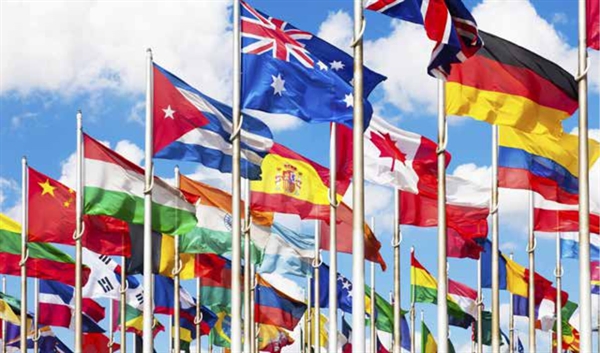Teaching
Teaching
Below are a selection of courses I have taught. Syllabi are available upon request.
Introduction to Comparative Politics
Students learn how different societies can be compared and contrasted using theories of comparative politics. Topical foci include distinct political systems that exist in different countries, such as democracies, dictatorships and mixed regimes; and the factors that have shaped how these institutions developed over periods of time, such as economic influences like availability of natural resources and inequality of wealth and cultural factors such as religious and racial identities. Also, the course explores how political institutions function in different societies and their effects on social and economic factors, specifically, how different types of electoral systems, as well as parliamentary and presidential systems affect the economies and societies of different countries.
Social Movements
This course presents a broad introduction to social movements in different countries in Asia, Europe, Americas, and Africa. The course aims to achieve two specific goals: first, to introduce the core theories of the causes and processes of social movements; and, second, to analyse social movements across the world to comprehend their underlying common factors. The entire course centres on presenting competing theories that analyse social movements, in order to train you to use these conceptual tools to understand social movements.
South Asian Politics
South Asia is a rapidly evolving region with issues centering on ethnicity, religion, language, gender, economic development, democratization, civil wars, terrorism, and even nuclear wars. Scholars have developed insightful theoretical lenses to explain such phenomena. This course simultaneously educates students on two aspects: the social, cultural, institutional, and economic facets that affect South Asian politics; and, the theoretical lenses needed to understand why and how policies are made in the region, as well their effects.
Latin American Politics
The news media in the United States portrays Latin American politics as characterized by violence and tyranny or affected by drug trafficking. Often, we accept such information without comprehending the underlying causes or the effects of these occurrences. In order to address these gaps, this course aims to reveal the underlying facets of Latin American politics and how politics in Latin America affects us, by doing the following: 1) Introduce central concepts that allow you to understand Latin American politics. 2) Train students to apply these concepts to understand the political dynamics of specific Latin American countries.
International Relations
International Relations is characterized by a rapidly changing field of study. Traditionally, the primary actors have been: states like the United Kingdom and Mexico and International Organizations, such as the United Nations. At present, however, large Multinational Corporations such as Microsoft and Siemens, Nongovernmental Organizations such as the World Wild Life Fund and the Hezbollah, ethnic groups like the Zulus and the Shona, and religious groups such as Muslims and Christians, are playing an increasingly important role. Consequently, scholars have developed insightful theories that explain why and how these actors interact with one another, as well as predict the outcomes of these interactions.
Globalization
Globalization is often understood as a vague economic and social interconnectivity across different societies. This class evaluates what globalization means for different societies, especially those in the developing world. We study how globalization interacts with economic development and modernization, but also culture and religion, political domination and war, and the environment. We will also focus on the new entities that globalization has created, such as a global civil society and global institutions, new media, gender rights.
Diplomacy, Security and Governance
Institutions, policies, and events centering on Security, Diplomacy, and Governance result from the interaction of general models developed by scholars with the unique characteristics of the societies within which policy makers are located and the societies that they violently or peacefully interact with. This course simultaneously educates students on two distinct aspects of governance, security policy, and diplomacy: the theoretical lenses needed to understand why and how policies are made, as well as their effects; and, the unique cultures and practices that affect policy making and outcomes.






